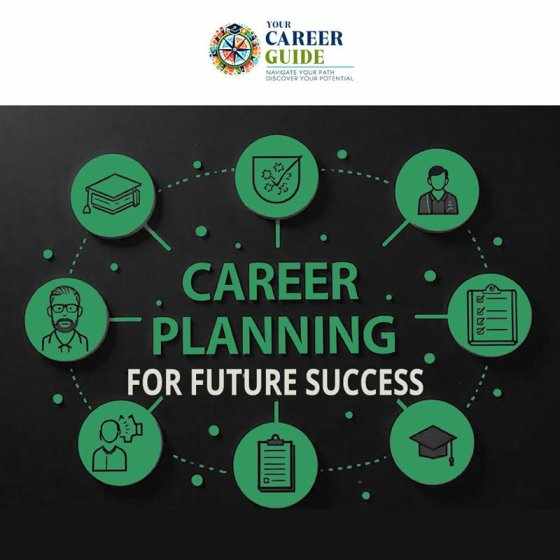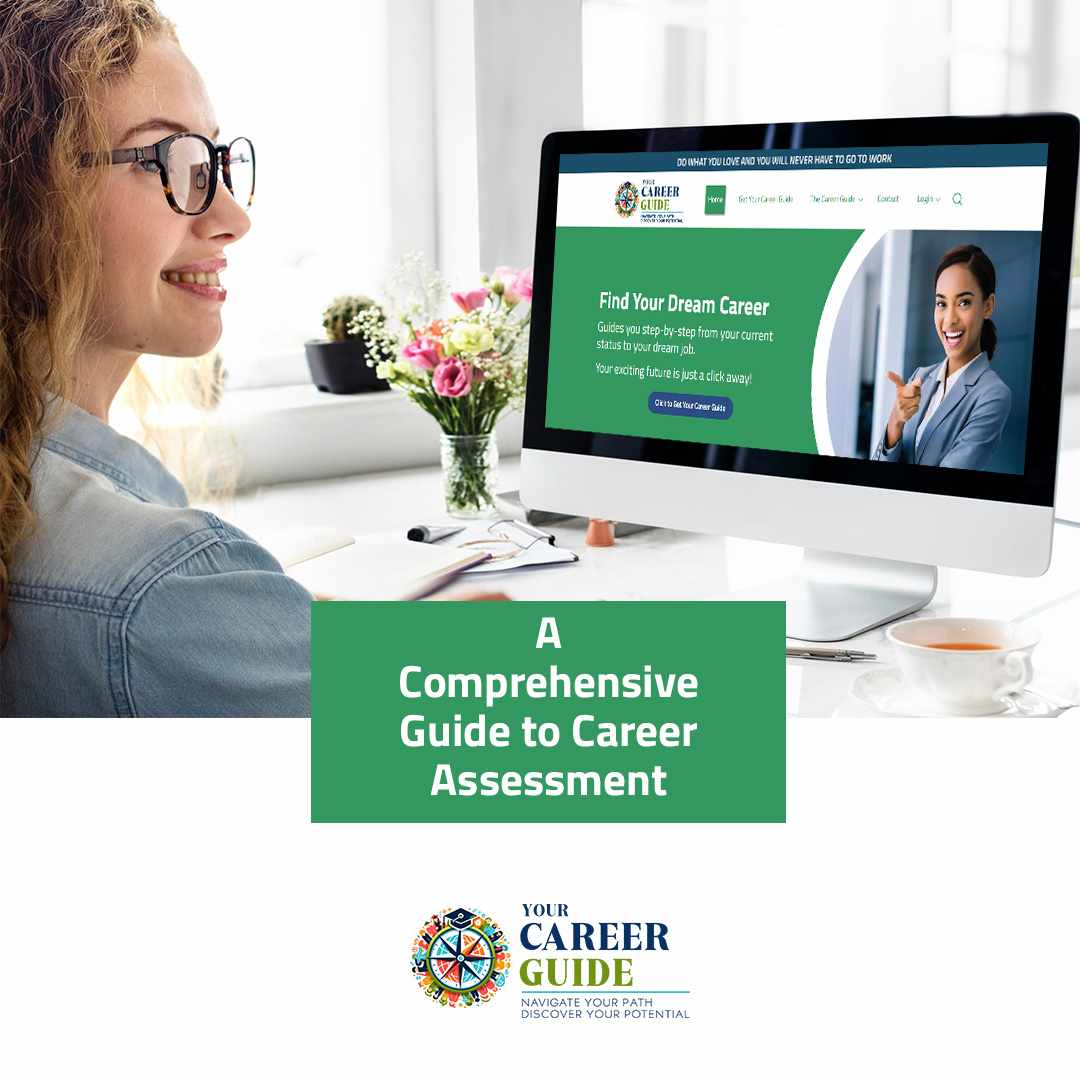
Choosing the right career is one of the most critical decisions in life, shaping your future success and personal fulfillment. However, with so many career options, it can feel overwhelming to pinpoint the perfect path. This is where a personalized career assessment can make all the difference. By offering tailored insights into your strengths, interests, and goals, career assessments provide a roadmap to guide you toward success.
In this blog, we’ll explore how personalized career assessments work and why they’re a game-changer for anyone navigating their professional journey.
What is a Career Assessment?
A career assessment is a tool designed to evaluate your skills, interests, personality traits, and values. It helps identify career options that align with your profile. Unlike generic career advice, personalized career assessments are tailored to your unique attributes, offering recommendations that are specific and actionable.
Why is Career Assessment Important?
Clarifies Your Career Choice
Choosing a career isn’t just about finding a job—it’s about aligning your work with your passions and skills. Career assessments provide clarity on roles that fit your personality and long-term goals.Eliminates Uncertainty
Feeling unsure about your career path? A personalized assessment eliminates guesswork, offering data-backed insights that increase confidence in your decisions.Streamlines Career Planning
Career planning becomes easier when you have a clear understanding of your strengths and opportunities. Assessments provide a solid foundation for creating a focused, actionable plan.
Key Benefits of Personalized Career Assessments
Identifying Your Strengths and Weaknesses
A good career assessment highlights your natural abilities while pointing out areas for growth. This helps you understand where you’ll excel and what skills you might need to develop for future opportunities.Exploring New Career Options
You may discover careers you never considered before. Personalized assessments often match you with industries or roles that perfectly align with your profile but weren’t initially on your radar.
Also Read: Personality Development Theory
Tailored Career Guides
Many career assessments come with detailed career guides that offer insights into job responsibilities, growth potential, and required qualifications for your top-matched roles.Saves Time and Effort
Instead of wasting time exploring unsuitable career paths, assessments focus your attention on roles that are a natural fit.
Steps to Take a Personalized Career Assessment
Understand Your Goals
Before starting an assessment, define what you’re looking for. Are you exploring options, planning for growth, or considering a career change? Your goals will shape the outcome.Choose a Reputable Assessment Tool
Many online platforms offer career assessments, but not all are created equal. Look for tools backed by psychology and research to ensure accurate results.Analyze the Results
Don’t rush through your results. Take time to understand the recommendations and how they align with your career goals.Seek Guidance
Pair your assessment results with expert advice. A career counselor or coach can provide additional insights and help you create a career plan based on the findings.Take Action
Use the information to start applying for roles, developing new skills, or pursuing further education that aligns with your ideal career path.
How Career Assessments Aid Career Planning
A well-structured career assessment acts as the cornerstone of effective career planning. Here’s how:
Set Clear Goals
Based on your assessment results, you can set specific, achievable career goals that align with your strengths and interests.Prioritize Career Choices
Narrow down your options to focus on roles that match your profile, avoiding careers that might not suit your personality or skills.Create a Development Plan
Identify skills gaps and create a plan to acquire the necessary qualifications, whether through certifications, training programs, or on-the-job learning.Monitor Progress
Use your assessment as a reference point to track your growth and make adjustments to your career plan as needed.
Common Types of Career Assessments
Personality Tests
Tools like the Myers-Briggs Type Indicator (MBTI) match personality types with suitable careers.Aptitude Tests
These evaluate your natural abilities in areas like problem-solving, creativity, or technical skills.Interest Inventories
Tools like the Holland Code (RIASEC) categorize your interests to identify careers you’d enjoy.Skills Assessments
These focus on your existing skills, helping match you with roles where you’ll excel immediately.
Tips for Maximizing Career Assessment Results
Be Honest
Always answer assessment questions truthfully to ensure accurate results.Combine Multiple Tools
Don’t rely on just one assessment. Using multiple tools can provide a more comprehensive picture of your career options!Keep an Open Mind
Be open to exploring careers you might not have considered before. Assessments often reveal surprising matches.Take It Seriously
Treat the process as an investment in your future, dedicating time and effort to fully understand and act on the results.
Conclusion
A personalized career assessment is an invaluable tool for finding success in today’s competitive job market. Whether you’re a student exploring options, a professional planning your next move, or someone considering a career change, assessments provide clarity, direction, and confidence.
By identifying your strengths, aligning them with your interests, and offering tailored career guidance, a career assessment empowers you to make informed decisions and set yourself on the path to professional fulfillment. Take the leap today—your dream career is closer than you think!








Write a comment ...